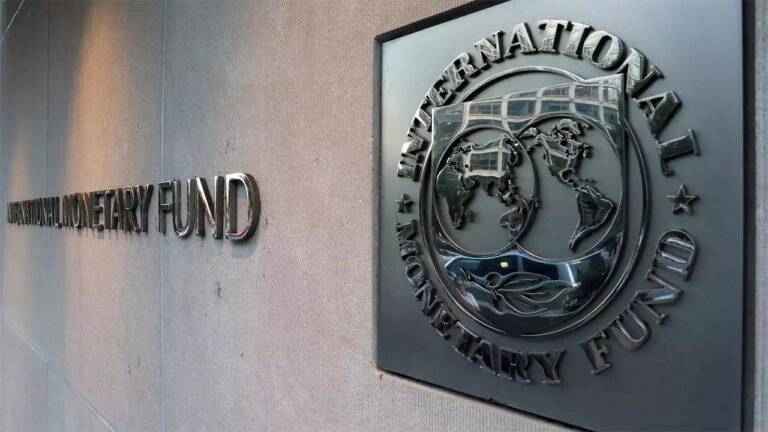ISLAMABAD: Pakistan Prime Minister Shehbaz Sharif on Tuesday expressed optimism about the release of the last $1.1 billion of the country’s $3 billion bailout by the IMF, saying it would strengthen economic stability. Pakistan is currently considering a new long-term, large-scale economic rescue package, but economists have warned against the country’s continued dependence on foreign financial aid, warning of potentially dire consequences. .
The IMF approved the immediate release of the tranche following a key meeting of the World Financial Institution’s Board of Governors in Washington late Monday night. All board members voted in favor of releasing the funds, except for India, which abstained.
Pakistan has been suffering from a severe economic crisis for more than two years, with inflation soaring to nearly 38% at one point and foreign exchange reserves falling to $3 billion in February 2023, enough to cover less than five weeks of imports.
Last year, the global financial institution approved a nine-month standby agreement with Pakistan “to support its economic stabilization programme.” The approval allows for immediate disbursements of $1.2 billion, with the remainder to be phased in over the life of the program, subject to two quarterly reviews.
State television quoted Sharif as saying that the IMF bailout proved crucial to saving the country from defaulting on its debt.
Leading economist Kaiser Bengal emphasizes the temporary nature of the current situation, emphasizes the need for meaningful reforms to address long-term economic challenges, and expresses skepticism about perceived stability. expressed his stance.
“It would have made sense if the so-called stability was due to increased exports or improved dollar inflows, but that is not the case,” Bengalis said, adding that the economy cannot run on a policy of taking new loans. added. Pay off past debts.
Pakistan’s external debt exceeds $130 billion, raising concerns from financial experts about the potential inflationary impact of the country’s debt-driven approach to deficit management.
The IMF approved the immediate release of the tranche following a key meeting of the World Financial Institution’s Board of Governors in Washington late Monday night. All board members voted in favor of releasing the funds, except for India, which abstained.
Pakistan has been suffering from a severe economic crisis for more than two years, with inflation soaring to nearly 38% at one point and foreign exchange reserves falling to $3 billion in February 2023, enough to cover less than five weeks of imports.
Last year, the global financial institution approved a nine-month standby agreement with Pakistan “to support its economic stabilization programme.” The approval allows for immediate disbursements of $1.2 billion, with the remainder to be phased in over the life of the program, subject to two quarterly reviews.
State television quoted Sharif as saying that the IMF bailout proved crucial to saving the country from defaulting on its debt.
Leading economist Kaiser Bengal emphasizes the temporary nature of the current situation, emphasizes the need for meaningful reforms to address long-term economic challenges, and expresses skepticism about perceived stability. expressed his stance.
“It would have made sense if the so-called stability was due to increased exports or improved dollar inflows, but that is not the case,” Bengalis said, adding that the economy cannot run on a policy of taking new loans. added. Pay off past debts.
Expanding

